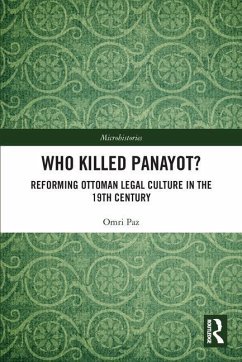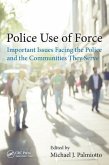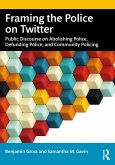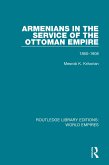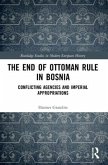Who Killed Panayot? retells the true story of an opium robbery and subsequent police investigation that took place in the port-city of Izmir in 1850-52.
What started as a simple case soon turned into a diplomatic crisis between two bygone empires, as the investigation provoked strong tensions between the British community in Izmir and the local Ottoman authorities. These tensions were exacerbated by the death of one of the suspects - a gardener named Panayot - after he was interrogated by the police. Drawing on a wide range of archival sources from the affair, Paz skilfully reconstructs this untold saga. Through microhistory and sociolegal analysis, he pieces together the lives of the outlaws and policemen involved in the case, and sheds important light on the history of opium smuggling and the impact of interrogation under torture. Paz argues that a "culture of lying" was adopted by both British and Ottoman officials, in face of the new legal reality that forged the concepts of human rights and the rule of law.
This book will be of interest to students and scholars of microhistory, as well as those interested in sociolegal history, non-Western modernity, and the Ottoman Empire.
What started as a simple case soon turned into a diplomatic crisis between two bygone empires, as the investigation provoked strong tensions between the British community in Izmir and the local Ottoman authorities. These tensions were exacerbated by the death of one of the suspects - a gardener named Panayot - after he was interrogated by the police. Drawing on a wide range of archival sources from the affair, Paz skilfully reconstructs this untold saga. Through microhistory and sociolegal analysis, he pieces together the lives of the outlaws and policemen involved in the case, and sheds important light on the history of opium smuggling and the impact of interrogation under torture. Paz argues that a "culture of lying" was adopted by both British and Ottoman officials, in face of the new legal reality that forged the concepts of human rights and the rule of law.
This book will be of interest to students and scholars of microhistory, as well as those interested in sociolegal history, non-Western modernity, and the Ottoman Empire.

